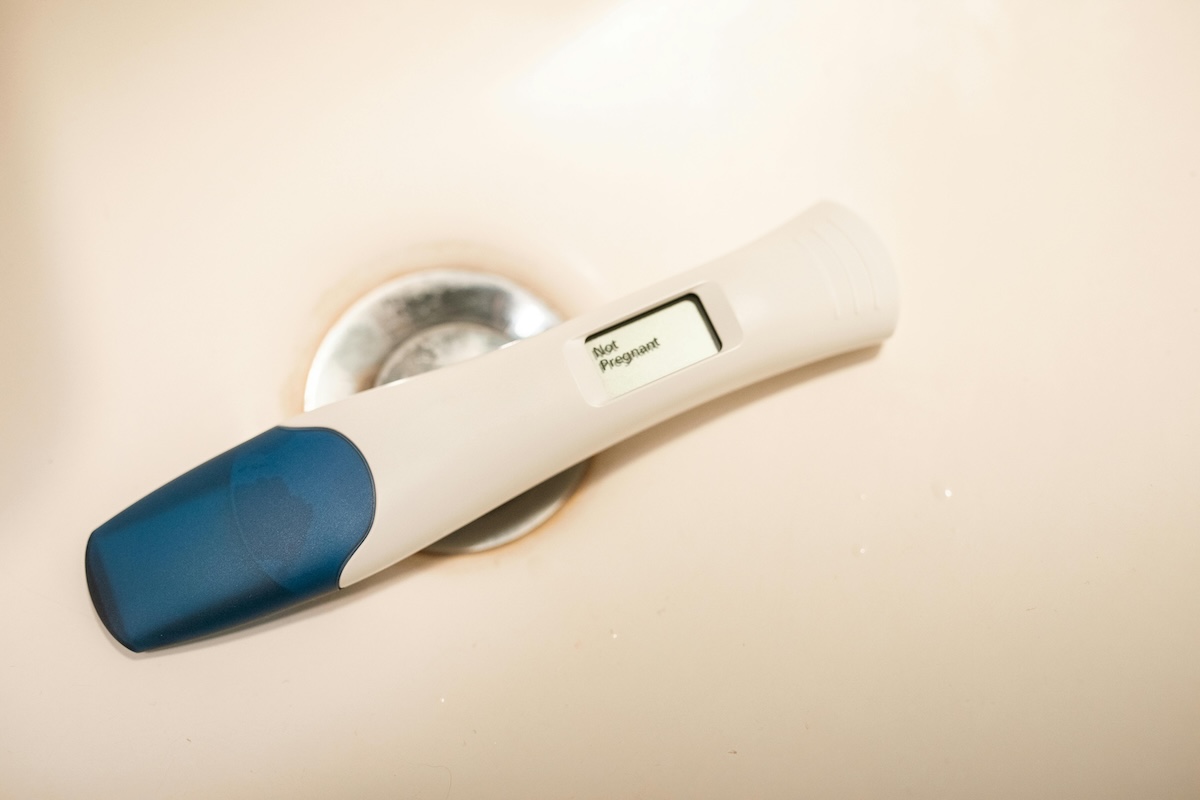I’m currently in my late reproductive years. Is there anything I should be doing now to prepare myself for (peri-)menopause?
—No more babies for me!
Welcome to the early years of your perimenopausal transition!
Right now you likely have plenty of estrogen, so you don’t need to worry about that. But I think there are three things you can do to set yourself up for as smooth a transition to menopause as possible.
First, put great habits into place now while you are healthy and feeling good. Menopause increases women’s risk for weight gain, metabolic dysfunction, heart disease, and osteoporosis. Make sure you are getting 150 minutes of moderate-intensity cardiovascular activity weekly. Add to that 30 minutes of strength training on two non-consecutive days per week.

Check in with your diet. While there is little evidence that a particular diet plan is better than others, you can’t go wrong eating a diet rich in fruits and vegetables, lean protein, whole grains, and healthy fats. If your current diet relies heavily on processed foods, sugar, or alcohol, consider making small, sustainable changes to reduce those foods or replace them.
Second, if you haven’t already, establish care with a gynecologist and primary care doctor and see them annually. Forming a relationship with your doctor makes it so much easier to address new problems when they come up. The doctor knows you and what is normal for you, allowing them to better assess your symptoms. And you have built a level of comfort and trust with the doctor, which will make it easier to ask questions and feel comfortable with any recommended treatments. Plus, when you are seeing your doctors once a year, you can feel comfortable that all of your health maintenance, such as mammograms and colonoscopy, is up to date.
The last thing you can do now to smooth your perimenopausal transition is to track your periods and any associated symptoms. There are myriad apps for this, but I do this on paper. Things you might consider keeping track of in addition to your periods might include mood changes, headaches, breast tenderness, vaginal discharge, and pelvic pain or discomfort.
Being more attuned to your body’s usual rhythms and changes can help you spot problems earlier and may help you and your doctor to know whether any symptoms you are having are likely to be related to perimenopause. All this can help you get relief from any symptoms you do have quickly and effectively.
The takeaway: Forming and maintaining healthy habits, establishing care with a gynecologist and primary care doctor, and tracking your periods and symptoms will set you up to navigate the menopausal transition as smoothly as possible.
Community Guidelines





















Log in